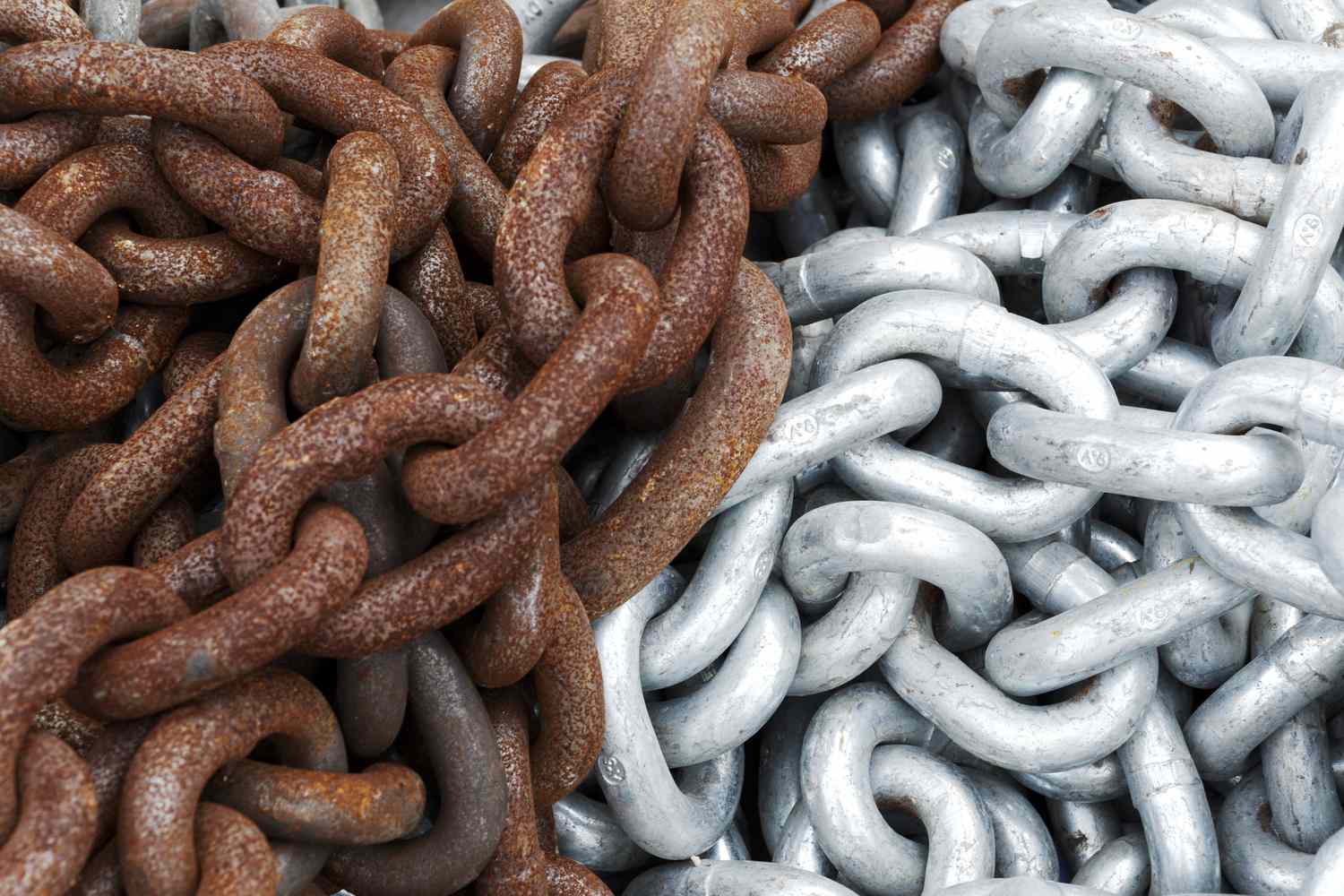Home » Corrosion and Its Far-reaching Impact on Society

Corrosion, often referred to as the “silent enemy,” is a natural process that gradually eats away at materials, causing structural damage, economic losses, and safety risks. From bridges and pipelines to cars and electronic devices, corrosion’s impact on our society is extensive and profound.
In this blog, we will delve into the concept of corrosion, understand its mechanisms, and explore its wide-ranging consequences on infrastructure, economy, and the environment.
Corrosion is the deterioration of materials, primarily metals, due to chemical reactions with their environment. The most common form of corrosion is metal oxidation, where metals react with oxygen to form metal oxides or other compounds. This reaction weakens the material’s integrity over time, leading to structural failures and a shortened lifespan.
While metals like iron are particularly susceptible to corrosion, even non-metallic materials like concrete can corrode when exposed to harsh conditions.
Several factors contribute to the corrosion process, including moisture, temperature, and the presence of corrosive substances. There are various forms of corrosion, each with its own mechanisms:
Efforts to combat corrosion involve a combination of material selection, coatings, inhibitors, and regular maintenance. Engineers are continually developing new materials that are more resistant to corrosion, and advancements in protective coatings are helping to extend the lifespan of structures and equipment.
Corrosion’s impact on society is undeniable, affecting our infrastructure, economy, safety, and environment. By understanding the mechanisms of corrosion and investing in preventative measures, we can work towards minimizing its detrimental effects. Research, innovation, and public awareness will play key roles in mitigating the silent but far-reaching consequences of corrosion, ensuring a safer and more sustainable future for generations to come.
Regards
Dr. Konica Sharma
SOBAS
RECENT POSTS
CATEGORIES
TAGS
Agriculture Agriculture future AI Architecture artificial intelligence Bachelor of Commerce BA English BA Psychology BTech AIML BTech CSE BTech cybersecurity BTech Engineering Business management career Career-Specific Education career guide career option career scope Civil engineering commerce and management Computer Science Computer science engineering Data science degree education Engineering Engineering students English Literature english program Fashion Design Fashion design course Higher Education Journalism journalism and mass communication law Law career Machine Learning mathematics MBA MBA specialization Mechanical Engineering Pharmacy Psychology Research and Development students
Nachauli, Jasana Road, Faridabad, Haryana
Address: C-72, Second Floor, Shivalik, Near Malviya Nagar,
Above HDFC Bank, New Delhi 110017
Landline No. - 011-46570515 / 45138169 / 41755703
Mobile No. - +91-7303152412 / +91-7303152420 / +91-9311321952
Toll Free: 1800-120-4613
Mobile : 8447744303 | 8447744304 | 8447744306 | 8447744309
8700003974 | 8700003411 | 8700003749
Copyrights © 1998 - 2026 Lingaya's Vidyapeeth (Deemed To Be University). All rights reserved.
LV only conducts physical/online verification of any document related to examination on the following email id:
It is important to note that the following email IDs and domains are fraudulent and do not belong to our university.